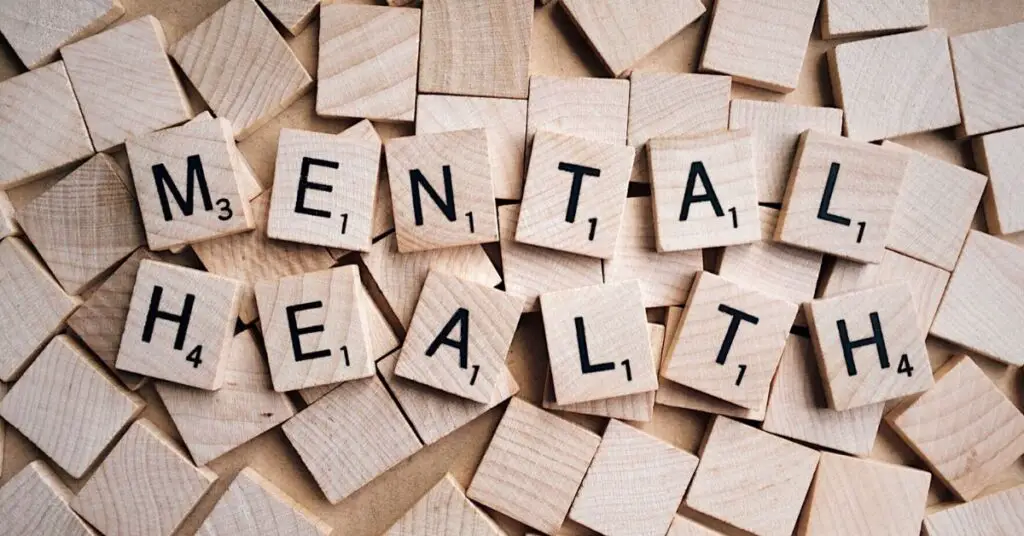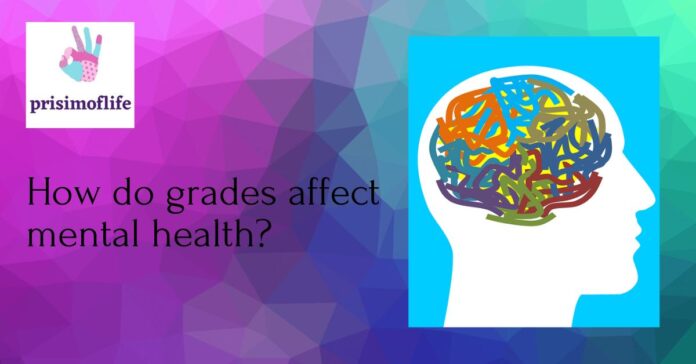
How do grades affect mental health? It’s a common question that parents, teachers, and students ask themselves during exam time, but the answer isn’t as simple as you might think. On the one hand, most students can agree that being overwhelmed with homework and exams results in lower overall stress levels after it’s all over. But on the other hand, some studies have shown that there may be a correlation between high grades and lower levels of mental health (as measured by symptoms of depression).
So what’s really going on here? Let’s take a look at both sides of the argument. Grades play an essential role in your performance as a student—for instance, your success in school and your ability to get into the college of your choice. But there’s much more to it than that; grades can also have an impact on your overall mental health and well-being. In fact, grades affect mental health in numerous ways—some beneficial, others detrimental. Here are three of the most significant impacts grades have on mental health and how you can best handle them.
How Grade Point Averages are Calculated?
GPA is the average of a student’s grade. Whether it’s high school, college, or graduate school, GPA is calculated by adding up all your grades for a semester or year and dividing that number by your total number of credits. That result (e.g., 3.0, 4.0) is what ends up on your transcript. Some colleges refer to GPA as quality points; they can vary in weight from 0-4 per credit hour depending on how rigorous each individual class or grading system is. If you are taking classes at more than one institution (or indifferent departments at one), however, each will calculate your GPA independently.
Why GPA Matters in College Admissions?
Why does your GPA matter in college admissions? The grade point average (GPA) is a numerical representation of your academic achievements during high school. Your GPA will likely play a significant role in determining if you’re admitted to your top-choice school. Generally, schools want to see an applicant with at least a 3.0 or 4.0 cumulative GPA, but these numbers can vary significantly between institutions. Some elite schools have rejected qualified candidates because their scores and GPAs weren’t up to snuff, but all around, it’s best to have excellent grades and take challenging courses from first year onward—especially if you want to go on for higher education after high school graduation.
How to Improve Your GPA?
GPA, or grade point average, is one of those metrics that you’ll be hearing about a lot in your school career. In fact, your GPA may be one of those things that seem to haunt you for years to come. But grades aren’t just about future opportunities—they can affect your mental health as well. College students with higher GPAs report having more positive psychological health than students with lower GPAs. Unfortunately, people who are new to college may have a difficult time understanding how they can improve their GPA and thus, take better care of their mental health.
When Bad Grades Happen?
Grade-related stress is an unfortunate reality for many students. Think about it: If you’re spending hours studying for a test but aren’t seeing results, frustration will eventually set in. And all of that frustration can add up and negatively affect your mental health—from anxiety to depression. Over time, grade-related stress can even cause chronic health problems like heart disease and diabetes. The good news is you can use a few tactics to help manage your study habits, so they don’t get out of hand. Start by balancing schoolwork with a regular exercise routine, making sure to keep up with social activities with friends and family members outside of class time as well.
The Impact of GPAs on Students’ Lives
What Does All That Number Really Mean? : If your parents didn’t make it to college, you might think of grades as less critical than they are for students whose families put a lot of stock in higher education. But don’t be fooled: grades have an impact on every student—and it goes far beyond getting into college or finding a good job after graduation. Having high marks can actually affect your physical and mental health. That’s right: your GPA has significant impacts on your psyche, which will stick with you long after you’ve written The End on that last essay. So what does that number really mean—and how can it impact your well-being down the road?










